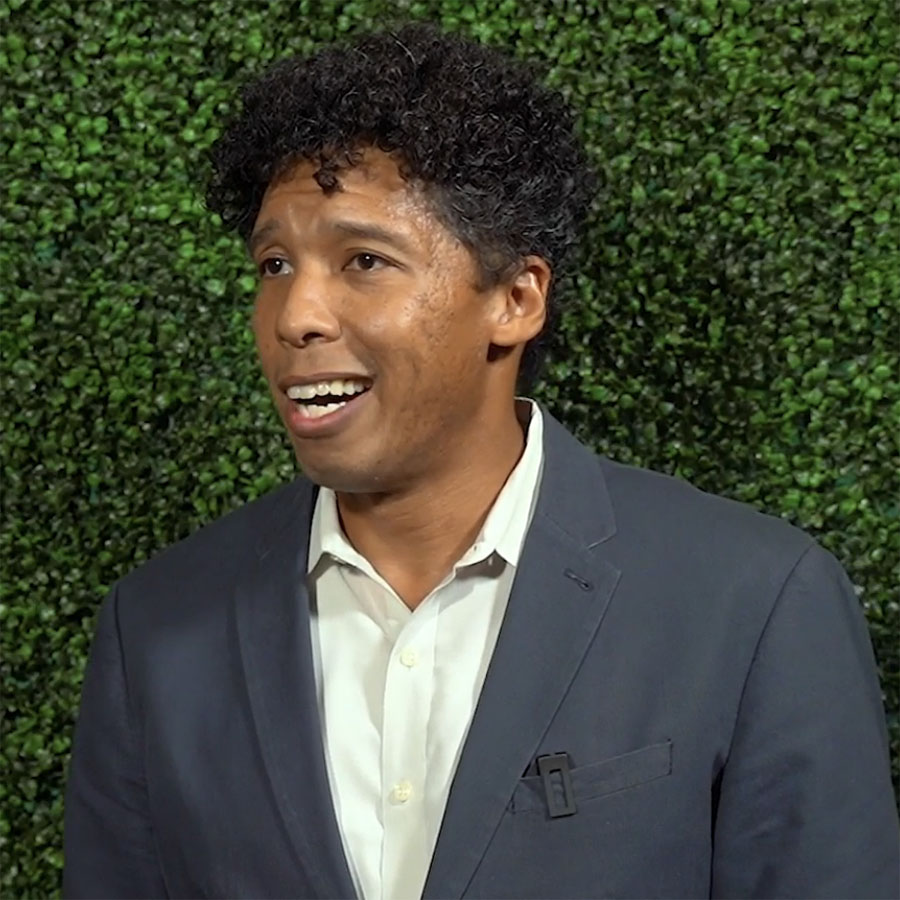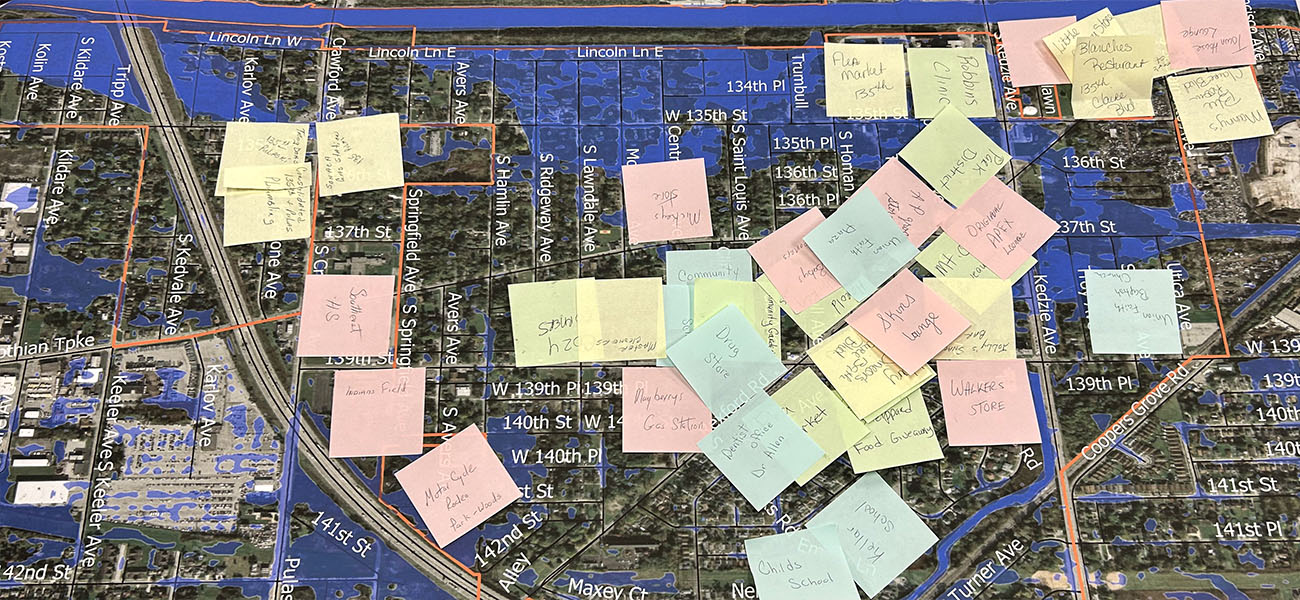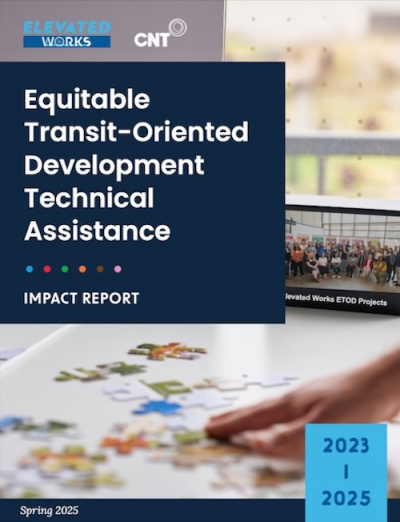 In the wake of centuries of top-down urban planning practices, there is a great need to re-think the way cities are planned and invested in. I have always been interested in how cities’ public transportation systems work and how to be part of bottom-up planning practices that emphasize building decision-making power within communities. My studies in UIC’s Urban Planning & Policy graduate program allowed me to engage with transportation planning and civic engagement principles, and I found that my interests began to take shape in the vast world of transportation policy.
In the wake of centuries of top-down urban planning practices, there is a great need to re-think the way cities are planned and invested in. I have always been interested in how cities’ public transportation systems work and how to be part of bottom-up planning practices that emphasize building decision-making power within communities. My studies in UIC’s Urban Planning & Policy graduate program allowed me to engage with transportation planning and civic engagement principles, and I found that my interests began to take shape in the vast world of transportation policy.
In every city I have lived in, I have seen historically racist and classist urban planning practices continue to dictate how communities are invested in. To me, the implication of this on a transportation system means that people are inequitably disconnected from opportunities. I knew that when I graduated from UIC, I wanted to work in a position that supported the movement towards greater community power in public investment and facilitated dialogue between communities and civic institutions based on racial equity principles. I wanted my professional career to allow me to further engage with coalition-building, organizing, and policy research that truly places community voices first in transportation policy.
Upon joining the Center for Neighborhood Technology, I can immediately see the emphasis that is placed on community voices and collaboration at this organization. I am beyond excited to work with folks both at CNT and the many community organizations we partner with who share my passion for a more connected and equitable city.





 Strengthening Transit Through Community Partnerships
Strengthening Transit Through Community Partnerships